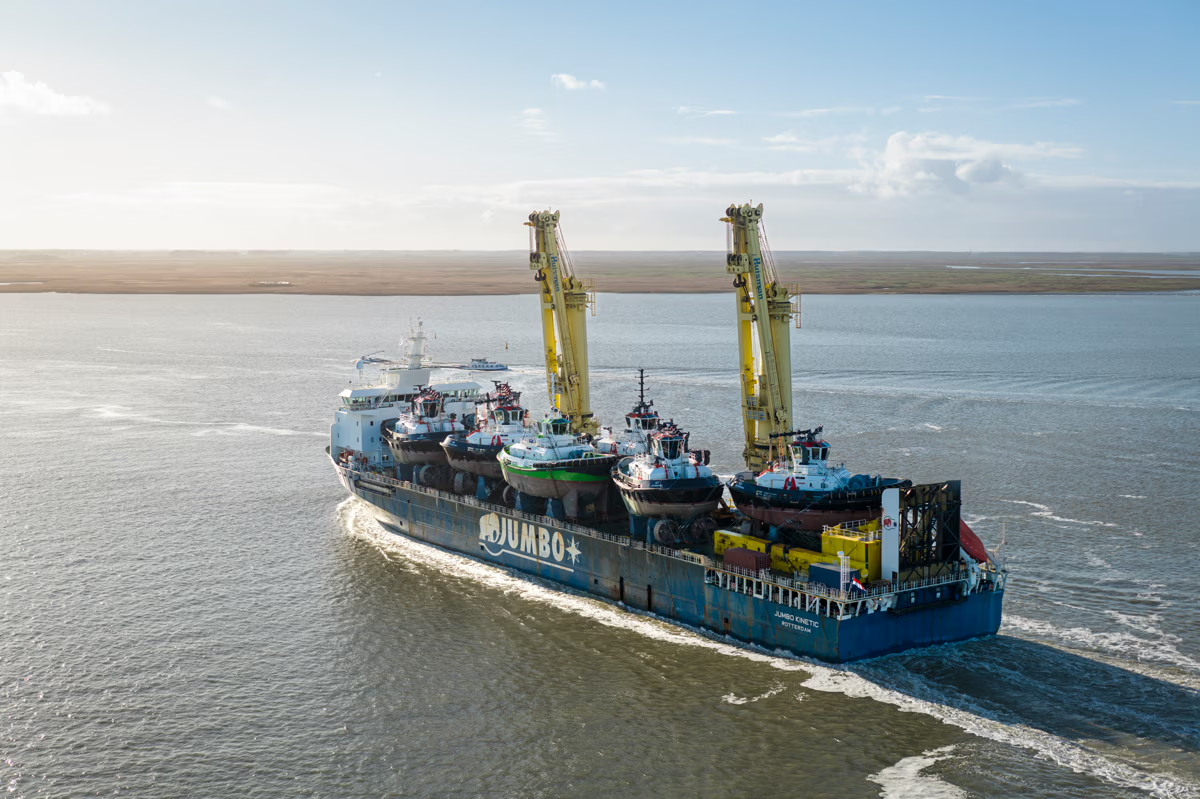Senior Iranian official says
A senior Iranian official says the country’s naval forces are actively conducting anti-piracy patrols in the international waters and providing escort to Iranian as well as foreign cargo vessels.
Director General of Maritime Affairs at Iran’s Ports and Shipping Organization Ali Estiri said on Saturday that Iran will maintain its “powerful presence” in the high seas as long as piracy exists.
Estiri further noted that the issue of piracy has been on the rise in the recent years, especially off the coast of Somalia and in the Indian Ocean.
The phenomenon has various political and security aspects, and consensus and collective efforts by the international community are essential in an all-out fight against piracy, he said.
On May 24, Iranian naval forces rescued a US commercial ship which came under attack by several pirate boats near the Sea of Oman.
Iran’s Permanent Representative to the International Maritime Organization (IMO) Ali Akbar Marzban said on May 18 that Iran’s Navy has conducted at least 85 anti-piracy missions in international waters over the past three years.
He highlighted that more than 2,000 cargo vessels have also received Iranian naval escorts through the pirate-infested waters during the mentioned period.
Iran’s Navy has been multiplying its naval presence in the international waters since last year, deploying vessels to the Indian Ocean and dispatching two ships via the Suez Canal to the Mediterranean for the first time in February 2011.
In addition, in line with the international efforts to combat piracy, the Iranian Navy has been conducting anti-piracy patrols in the Gulf of Aden since November 2008 to safeguard the vessels involved in maritime trade, especially the ships and oil tankers owned or leased by Iran.
The Gulf of Aden, which links the Indian Ocean with the Suez Canal and the Mediterranean Sea, is the quickest route for thousands of vessels traveling annually between Asia, Europe and the Americas.
However, attacks by heavily armed Somali pirates on board speedboats have prompted some of the world’s largest shipping firms to switch routes from the Suez Canal and reroute cargo vessels around southern Africa, leading to climbing shipping costs.
Source: PressTV


























































